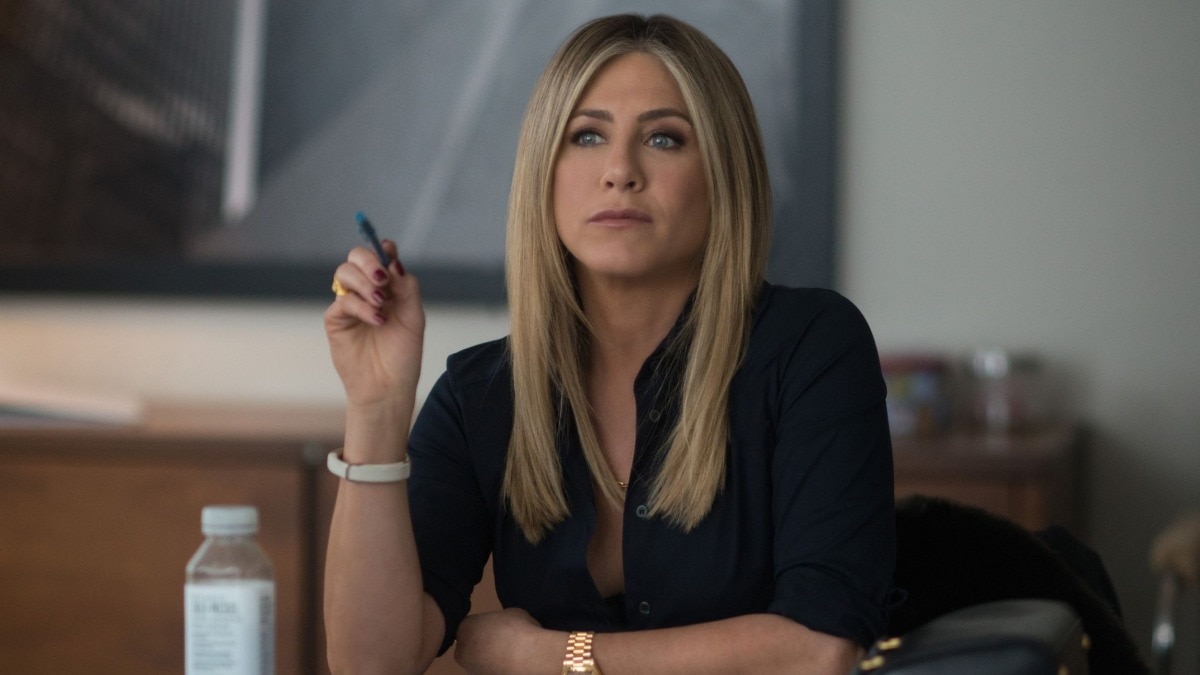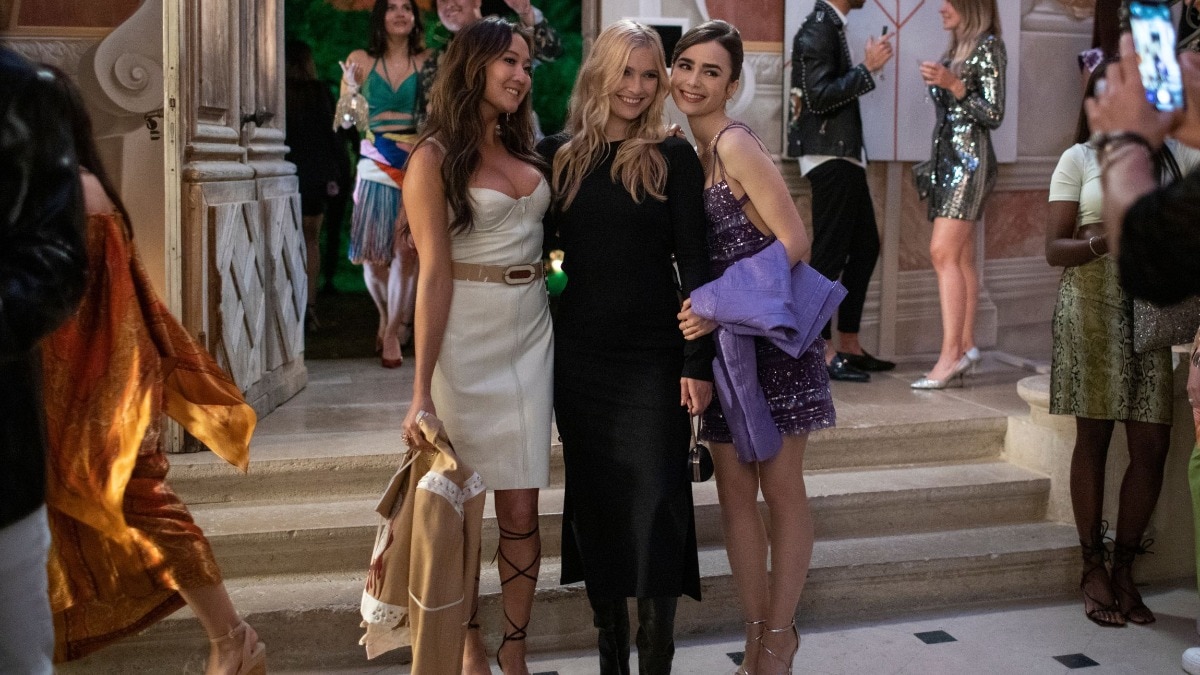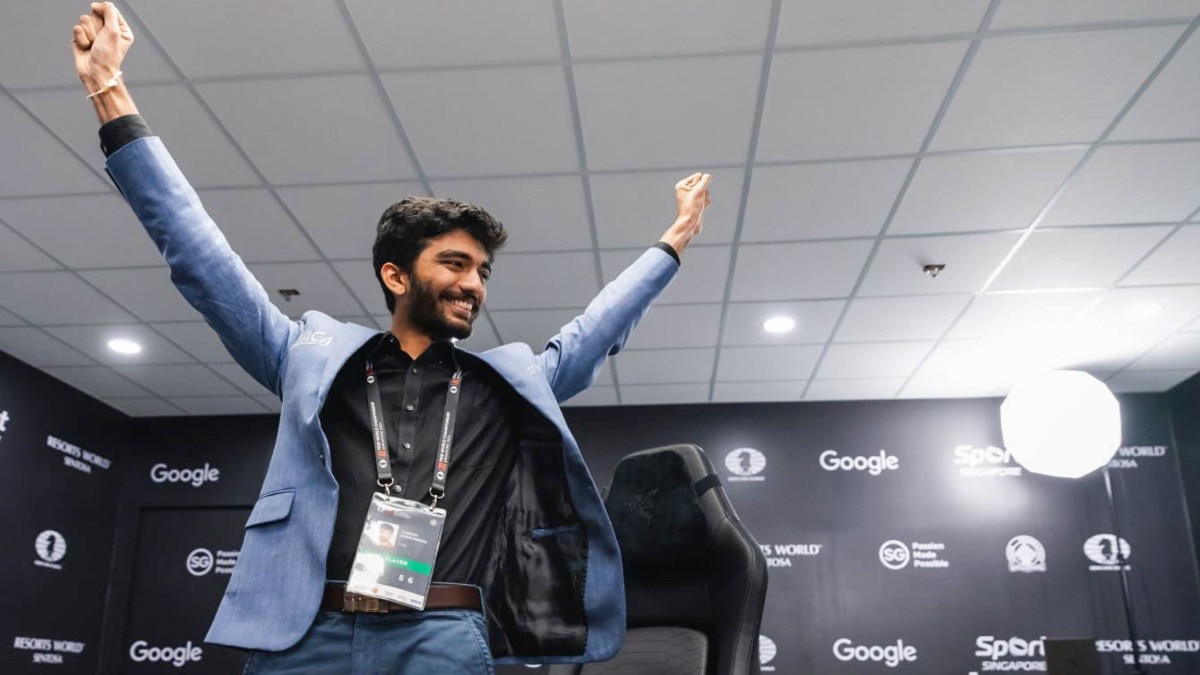In conversation with chef Varun Totlani of Masque, an Indian restaurant that ranks as Asia's 16th-best
The chef talks about his vision for the brand and what it feels like to win this title.


Last month, at a ceremony held in Singapore, three Indian restaurants made it to the prestigious Asia’s 50 Best Restaurants 2023 list. Masque, the ingredient-driven Mumbai-based restaurant was the highest rated among them and also bagged the Best Restaurant in India title.
Helmed by entrepreneur Aditi Dugar and head chef Varun Totlani, Masque is one of the most daring restaurants in the country—its unique 10-course chef’s tasting menu marries traditional, local ingredients with modern, fine-dining techniques. Think dishes like Kashmiri morels with patra (colocasia leaves) stuffed with fresh peas or barbecued pork, and sea buckthorn pani puri, which has seaweed-cured beetroot, is topped with starfruit, and served with a sea buckthorn pani sauce.
Chef Totlani sat down with Bazaar India and spoke about the relevance of awards and lists, the chefs and restaurants he wants to collaborate with, the future of fine dining in India, and what’s next for Masque.

Harper’s Bazaar: For you, what was the biggest challenge this year, once the leadership changed hands?
Varun Totlani: The change in role was the biggest challenge for me. I moved from being very kitchen-focused. Now I travel for research and foraging, organise events, and look at it as a business instead of just as a kitchen. I had to learn to find a balance between cooking and being in a managerial role. I was aiming for this, and I (hope!) I’ve achieved this in the last year.
HB: What do you feel about awards and lists—do they determine the success of a chef for you?
VT: Some of the best food we eat around the world is cooked in the most unexpected places, and I don’t think any award or list will be able to fully capture that. While awards are motivating for the team, I think it is important that we see them as acts of encouragement along the way, and not just the end destination.
These awards are so much more than just plaques; they can be a great way to build a community and network with like-minded people, peers and mentors. Last year, we met chefs Thitid “Ton” Tassanakajohn and Dej Kewkacha in Bangkok and that one introduction resulted in collab dinners in Mumbai and Bangkok. The awards provide many opportunities and can be helpful for the business—it’s validating for travellers and visitors.
HB: What are some new processes that you introduced at the restaurant in the last year since you took over Masque?
VT: The transition has been seamless, thanks to everyone involved from each department. Some of us in the kitchen and Front of House (FOH) have been with the team since we opened in 2016, which was instrumental in maintaining the flow of things. Masque’s goal has always been to celebrate India—its traditions, cuisines, and ingredients. That movement has never changed and never will.
HB: Even though this is the third time Masque has won, it’s the first time under your leadership—how did you handle the pressure?
VT: I do not think about awards and lists on a day-to-day basis—we do our thing and work towards delivering a great experience to our guests. At times, you do feel the pressure, but you put your head down and focus on what’s important and what’s in your control. I have confidence in our team and believe we can keep growing and being better year-on-year. I plan and concentrate on one day, one event, one collaboration, and one year at a time. I can’t predict what happens next year. Instead, I want to concentrate on doing the best we can right now.
HB: There’s a whole bunch of restaurants spotlighting regional Indian food—how does the Masque menu stand out?
VT: Our menus are collaborative—the entire team’s inputs, experiences, and voices come into play when we are developing dishes. We try to connect the dots and discover common threads that could tie all of it—from the food we’ve grown up eating or tried recently and the different styles of cooking, to our personal histories—even if it feels unexpected or contradictory. As a tasting menu, it turns into an experience that travels across several regions over the course of the meal.
HB: You cook with ingredients from across the country, don't you think it's time for Kashmiri ingredients to retire from the menu, considering it's the story of the former chef?
VT: Masque has never been and will never be about just one person. Everyone on the team treats it like their own. There is a level of personal investment and we’ve been successful because of everyone’s efforts put together.
Kashmiri and Himalayan ingredients have always been a part of the Masque story and will continue to. I’ve learned so much about Kashmiri food and the region from chef Prateek Sadhu (and cooking with his mom too!) that it would be a waste to not put that knowledge to use. While our research and travels were never limited to one region, a lot of us have spent time in the Himalayan belt. Between the 10 of us who have been here since 2016, we’ve given a collective 60 years of experience to the restaurant. When we have that kind of experience and have invested that time and effort, we’ll continue to draw on it. Over the years, we have cooked with ingredients from all over the country, and we’ll continue to diversify as we learn and travel more. You never know where inspiration comes from, so we’re not closing any doors.
HB: Which international chefs or restaurants do you aspire to collaborate with? Tell us about a few Indian collabs that are coming up for you.
VT: I’d love to work with Labyrinth in Singapore and with Toyo Eatery in the Philippines, again. Daniel Humm of Eleven Madison Park and Atomix are high on the wish list, too.
Closer home, we hosted a dinner with chefs Thomas Zacharias and Aditya Raghavan, focused on Indian Cheese & Dairy Traditions at the Masque Lab. Chefs Lakhan Jethani, Harsh Dixit, Gresham Fernandes, and Hussain Shahzad. It's always always a blast to work with them. We also just did a fantastic collab dinner with Revolver while in Singapore.
HB: What do you think of the future of fine dining in India with the way the concept has been deemed ‘dead’ after the news of Noma's shut down?
VT: I don’t think the concept of fine dining is dying and I don’t think it needs to. There will never be just one kind of restaurant, that’s unrealistic. As an industry, we need to focus on a healthy working environment and food systems. People will always want variety in how and what they eat out, and I don’t think that demand is disappearing any time soon. Everyone is quick to talk about the ‘death of fine dining’ after Noma’s news, but they didn’t shut down because people stopped going there. Also, I don’t think it’s majorly affecting the dining scene in India—the variety of places and cuisines that have opened here in the last few years is going to continue to rise over the next decade.
HB: What's Masque 2.0 going to be like this year, or is it 3.0?
VT: I didn’t know we were numbering it. It’s always been just Masque. It’s been a process of evolution—our food has changed in many ways and I think it always will. At the end of the day, I want to serve good food and a good time.










